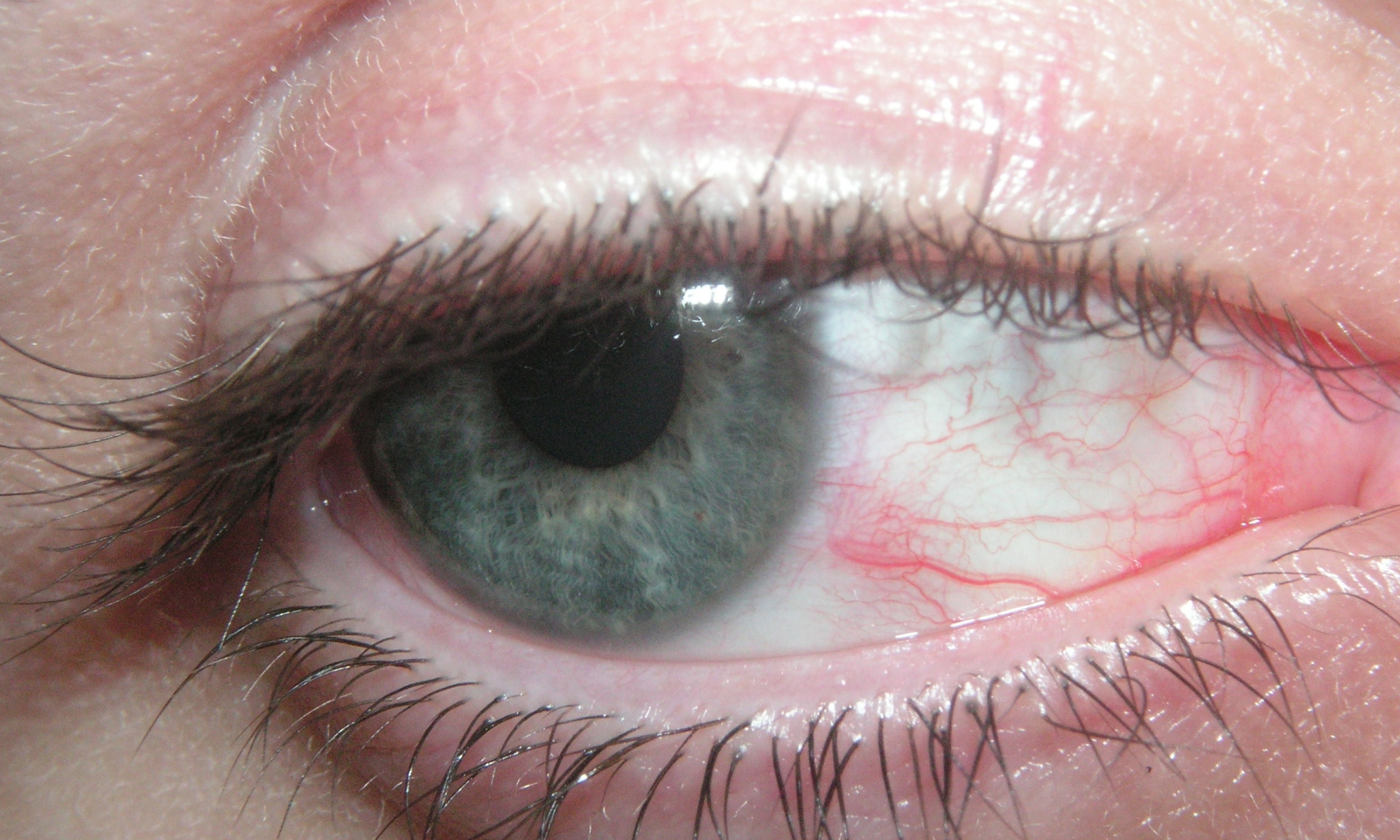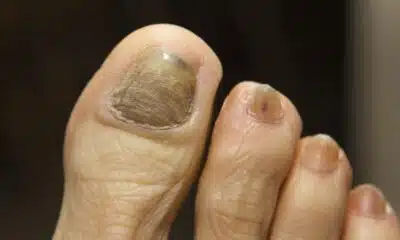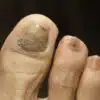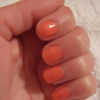HEALTH
Red Spot on Eyes: Causes and Treatment
What is that red spot on eyes?
Let’s start with the white part, first. The white part is called as the sclera. The sclera contains tiny blood vessels. A red spot, also known as Subconjunctival hemorrhage, occurs when there is some kind of a trauma to the sclera, leading to a rupture in tiny blood vessels. Since the blood gets trapped under the conjunctiva, a red spot is formed in the sclera.
Generally, these red spots are very tiny and can clear up in about a week. But, sometimes, these spots can be very large.
Causes of Red spot on eyes
Not always can we clearly identify the exact cause or causes of red spots on the eyes; however, it is essential to know some of the potential causes that usually lead to red spots on the eyes:
A few of the common causes include:
- Consumption of strong blood thinners such as warfarin.
- An increase in blood pressure
- Sneezing
- Coughing
- Vomiting
- Constant rubbing of the eye
- Straining the eyes
- Vitamin C & K deficiency
- While lifting heavy items
- Constipation
- Sunburn
- Infectious diseases
- Eye trauma
- Eye surgery such as LASIK or cataract
- Eye infection
- Eye injury
A Subconjunctival Hemorrhage is usually benign, causing no vision problems or other discomforts. But, in some cases, red spots can be a symptom of serious eye related diseases. And hence, it is pertinent to visit an ophthalmologist, if the red spots do not disappear on its own or are causing immense discomfort. You should immediately seek medical care if you see changes in your vision or light sensitivity.
Treatments for Red spot on eyes
Fortunately, in most cases, this condition clears on its own within a week’s time. Mostly, recovery is complete, causing no long-term problems. But, if the condition is not improving on its own, then you can do the following:
1. Consult a doctor
Medical treatment is usually not required for treating Subconjunctival Hemorrhage. However, if you feel constant pain, change or loss in vision, swelling in eyes, notice blood on the pupil, constantly crying, then visiting a doctor is mandatory. In such times, it is vital to visit an eye specialist for a thorough check-up of the eyes. Your doctor will ask you to perform a few tests to examine the condition. Your doctor may even ask you a few questions such as if you are taking any medicines or not.
2. Placing ice under the eyes
This is something that you can do at home. Place something cool underneath your eyes in order to make red dots disappear. So next time when you cry or lift something heavy, make sure you put ice underneath your eyes immediately. Doing this will help to reduce inflammation and stop capillaries from bleeding. But, do not place ice for more than 5 minutes.
3. No to Aspirin
Avoid taking aspirin while you have Subconjunctival Hemorrhage as it may make the bleeding worse.
4. Lubricating tears
Artificial tears can help in soothing the eyes, but they cannot repair the broken blood vessels.
5. Avoid rubbing the eyes
When you have Subconjunctival Hemorrhage, make sure you do not rub your eyes, which can increase the risk of re-bleeding.
Take Care!
If you notice a red spot in your eye, which lasts for longer than 2 weeks, you should immediately schedule an eye exam. Let the eye doctor examine your eyes and determine the cause of Subconjunctival Hemorrhage. An eye exam will certainly rule out other doubts pertaining the eye tissues.
In most of the cases, Subconjunctival Hemorrhage takes 7 to 10 days to resolve on its own. So wait for these many days before actually visiting an eye specialist. Meanwhile, at home, you can employ home based remedies such as cold compresses or artificial tears to keep your eyes at ease. And, remember, never ever put on makeup to make them less evident. Doing this may aggravate the condition.
Lastly, as you get older, you become susceptible to blood clots, especially if you are already taking certain medicines. Therefore, be wise and do not lift heavy items like before as that may cause Subconjunctival Hemorrhage.



















